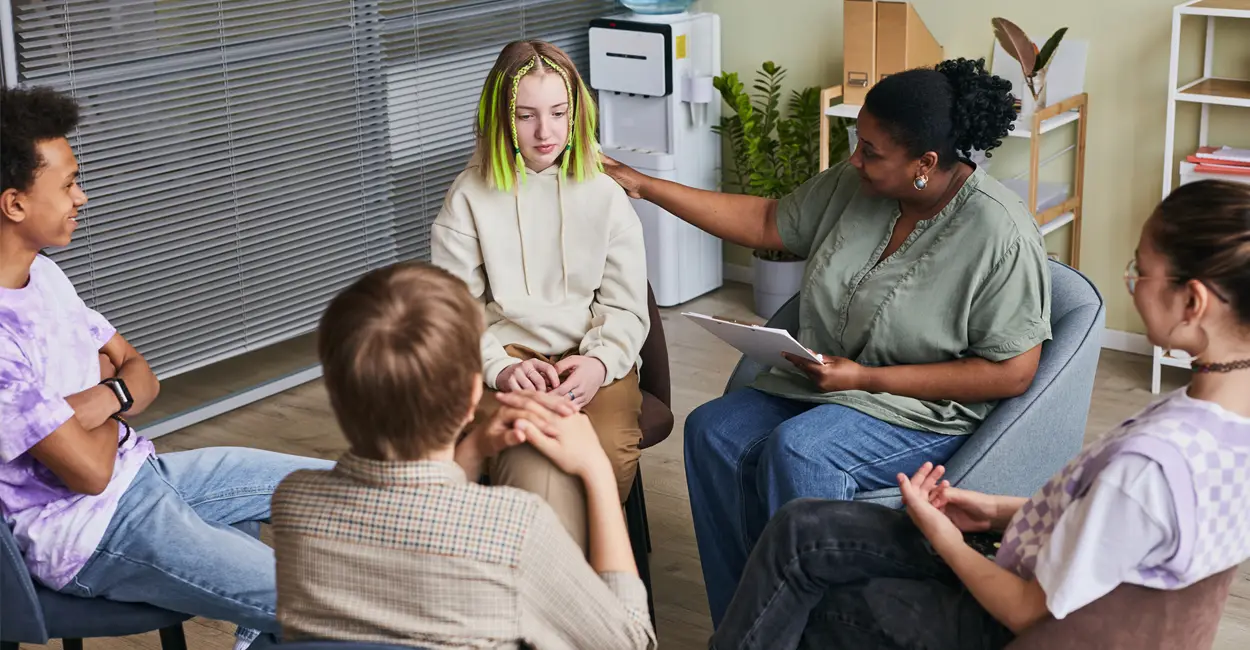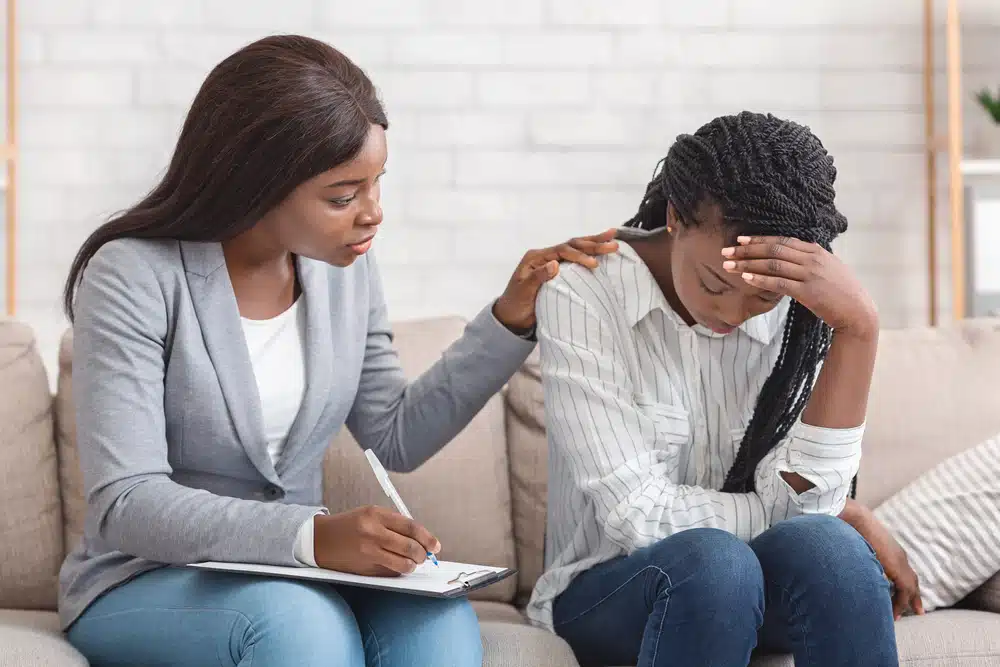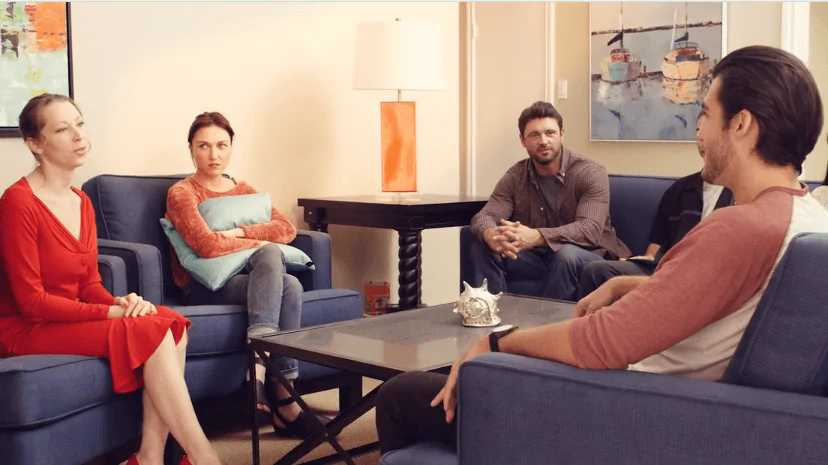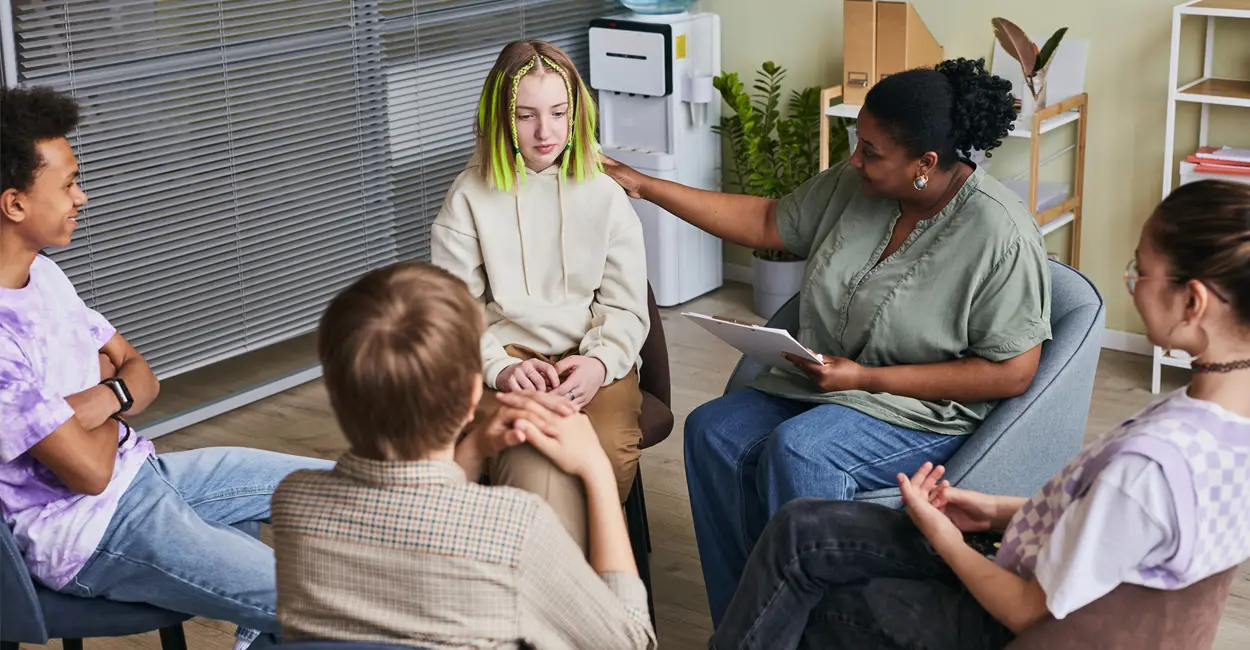24/7 Helpline:
(866) 899-221924/7 Helpline:
(866) 899-2219
Learn more about Klonopin Rehab centers in Orange County
Klonopin Rehab in Other Counties

Other Insurance Options

Highmark

BlueShield

Regence

WellPoint

Evernorth

Choice Care Network

Ceridian

UMR

Lucent

Optum

BHS | Behavioral Health Systems

Medical Mutual of Ohio

AllWell

Sliding scale payment assistance

Premera

WellCare Health Plans

Sutter

American Behavioral

UnitedHealth Group

Self-pay options

His Mansion Ministries
His Mansion Ministries is a faith-based drug and alcohol rehab for adults located in Deering, New Ha...

Freedom House Recovery Center – New Stateside Drive
Freedom House Recovery Center - New Stateside Drive is a non-profit organization that provides resid...

Freedom House Recovery Center – Detox Center
Freedom House Recovery Center is a detox center in Chapel Hill, North Carolina, with 40 years of exp...

Freedom House Recovery Center – Family Counseling
Freedom House Recovery Center – Family Counseling is a private rehab located in Chapel Hill, North C...

A Life’s Journey Counseling Center
A Life's Journey Counseling Center specializes in behavioral health providing counseling therapies. ...





























Freedom House Recovery Center – Halfway House
Freedom House Recovery Center – Halfway House is a private rehab located in Chapel Hill, North Carol...

Alberta Professional Services – Homestead Place
Alberta Professional Services - Homestead Place offers inpatient treatment for individuals with a se...

UNC Hospitals – Mental Health
UNC Hospitals – Mental Health is a private rehab located in Chapel Hill, North Carolina. UNC Hospita...

TRC Counseling
TRC Counseling is a private rehab located in Chapel Hill, North Carolina. TRC Counseling specializes...

Oxford House
Oxford House is a private rehab located in Chapel Hill, North Carolina. Oxford House specializes in ...

Carolina Behavioral Care
Carolina Behavioral Care offers alcohol and drug rehab programming and mental health treatment to me...

Capital Area Substance Abuse DWI Services
Capital Area Substance Abuse DWI Services is a private rehab located in Chapel Hill, North Carolina....

Anxiety Disorders Treatment Center
Anxiety Disorders Treatment Center is a private rehab located in Chapel Hill, North Carolina. Anxiet...

Tasc Program
Tasc Program is a private rehab located in Hillsborough, North Carolina. Tasc Program specializes in...

UNC Horizons
UNC Horizons is a substance abuse treatment program dedicated to pregnant and/women with children wh...





























